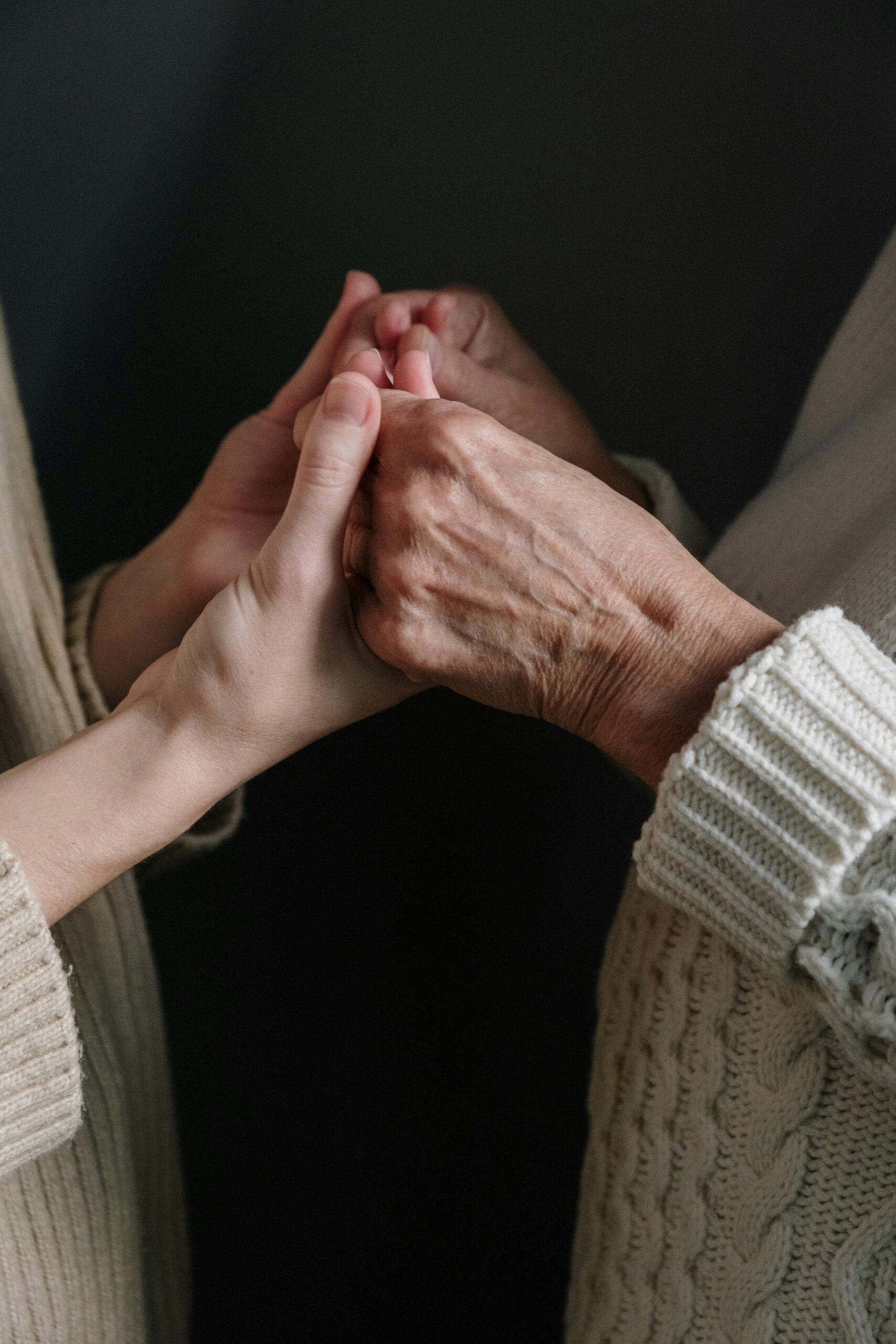Table of Content
COVID-19 (more commonly known as coronavirus) is a pandemic, which means that the disease has spread worldwide. According to the Centers for Disease Control and Prevention (CDC), symptoms of the virus include fever, cough, and shortness of breath. While the virus may be fatal in all age groups, it poses a significant risk to older adults and those with underlying chronic medical conditions.
The virus has proven to be exceptionally dangerous for nursing home residents due to their confinement and existing vulnerabilities. Unfortunately, weak enforcement of the federal standards of care, particularly for infection control and sufficient staffing, have placed residents at an even greater risk of contracting the virus.
In order to limit residents’ exposure to the virus, the Centers for Medicare & Medicaid Services (CMS) has issued guidance restricting all visitation, except in end-of-life and other compassionate care situations. CMS has only carved out two exceptions to the restriction: health care workers and health inspectors are allowed to enter facilities when following CDC guidelines. CMS also issued guidance suspending non-emergency health inspections nationwide. Until further notice, CMS is directing state survey agencies to focus on a limited set of inspections and to prioritize all immediate jeopardy complaints, allegations of abuse and neglect, and complaints alleging infection control violations. CMS hopes that the suspension will allow inspectors to focus on the most serious nursing home violations during the outbreak.
The Long Term Care Community Coalition (LTCCC) is deeply troubled by these CMS directives. First, the majority of nursing homes are understaffed. As a result, substandard care is a persistent problem. To compensate, families often provide vital monitoring and care, from ensuring that their loved ones are fed to identifying common signs of neglect and abuse. While we understand the need to implement sensible, evidence-based limitations, the monolithic barricade of families puts residents in jeopardy. Importantly, health care workers have the same exposure risks as families when they leave the facility and, when they return to a facility, they are in contact with numerous residents, surfaces in common areas, and equipment. If common sense safeguards can be implemented to ensure that they do not infect residents, then surely the same safeguards can be implemented in respect to families who only enter the facility to see their loved one.
Second, health inspections are integral to nursing home quality and safety. Weak oversight places residents at risk of harm, as years of persistent infection control violations in nursing homes nationwide have shown. While focus on addressing the coronavirus is critical, CMS must ensure that all essential federal standards of care are enforced. Otherwise, residents will be exposed to significant risk now and in the future.
- For more information about COVID-19 in nursing homes, including the latest information about federal guidance, please visit LTCCC’s Coronavirus Resources webpage.
- To learn about the infection prevention and control requirements, please see LTCCC’s fact sheet and issue alert.
Long Term Care Community Coalition
www.nursinghome411.org
One Penn Plaza, Suite 6252
New York, NY 10119
United States



